Rebranding Human Resources. Let’s Get Real
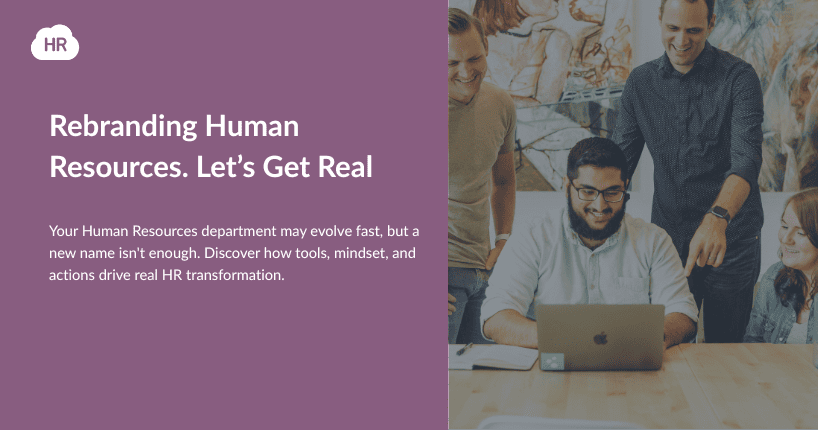


 Cut onboarding time
by 60%—here's the
Ultimate Checklist
that helped do it.
Cut onboarding time
by 60%—here's the
Ultimate Checklist
that helped do it.

There are few, if any, corporate functions that discuss changing their name as frequently as human resources. Even those functions that decide to undergo this transformative process usually do so for just a subset of their team. This constant rebranding effort often overlooks the importance of workplace culture and organizational development.
Where Names Are Changing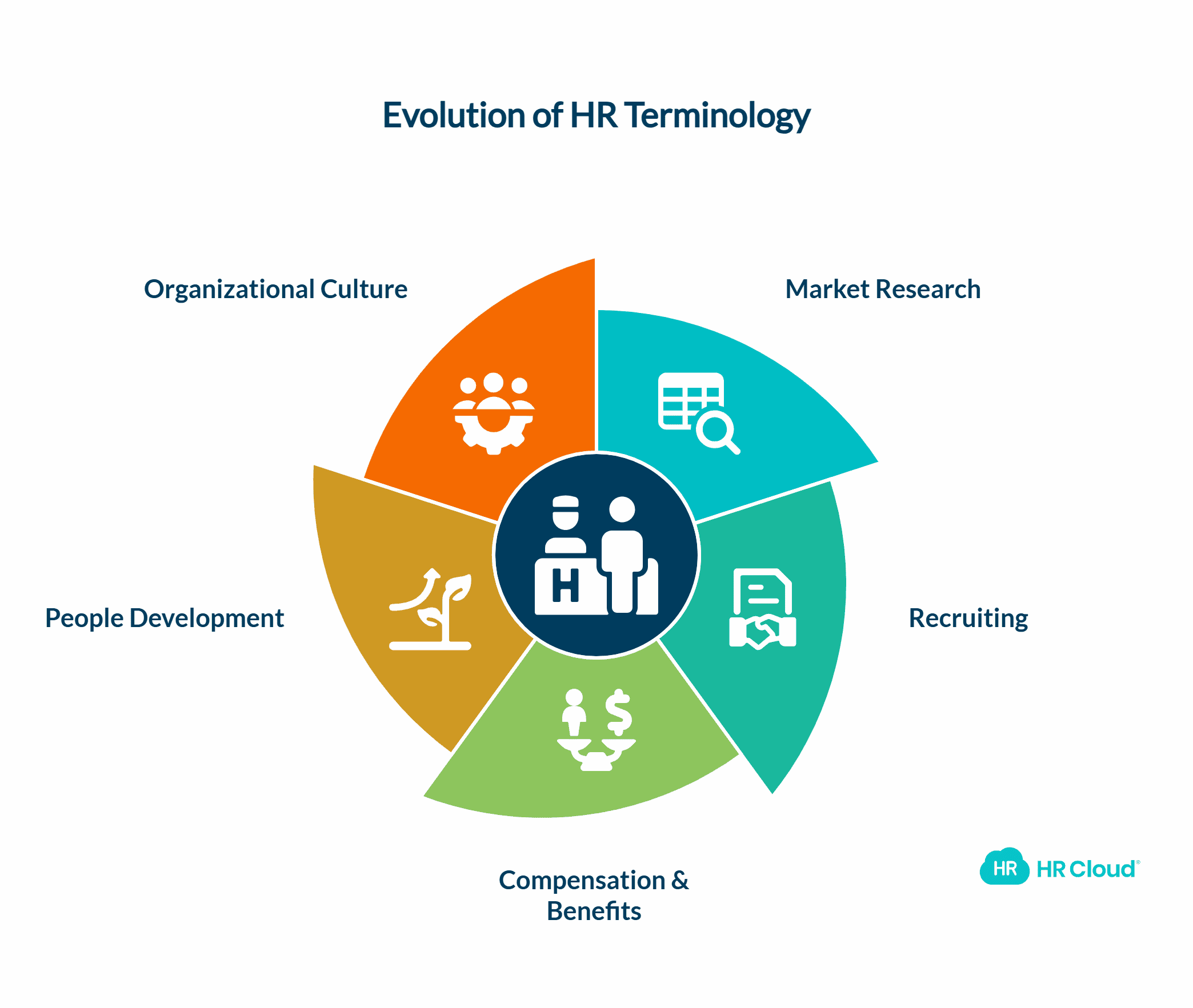
In marketing, for example, some departments dumped the term "market research" and have instead begun to use consumer/customer insights. We’ve done this dance within HR as well. Recruiting has become Talent Acquisition and Compensation & Benefits has morphed into Total Rewards. These changes reflect a shift in focus towards employee satisfaction and human potential.
Yet, despite taking these steps to clarify responsibilities and accountabilities for specific functional areas by renaming them, many HR leaders and teams still struggle with continuing to use the moniker Human Resources as the descriptor for the entire department. This is nothing new. We’ve been having this conversation for years. Years! And all this while, the critical aspects of people development and organizational culture often take a backseat.
What are Other Names for Human Resources? Looking at Some Examples
As a result of this ongoing debate about the people function, over the past decade or so, we’ve witnessed numerous CHROs assuming the title Chief People Officer. It's been announced that Mark Levy, the HR Leader at Airbnb, would be assuming the title Global Head of Employee Experience, along with a rebrand of the entire HR Department. This shift emphasizes the importance of people and culture in modern organizations.
There are companies that have taken this out to every level imaginable. Many organizations are using or considering some of the following names for their HR function, often in an attempt to better reflect their people strategy:
- Employee Management Care Unit
- People Resource Center
- Talent Management
- People and Development
- Human Relations
- Employee Support
- Talent Resources
- People Operations
- Team Member Services
- Employee Success Team
Let’s just stop and consider: Do these new names truly reflect a change in the people function, or are they just superficial rebranding efforts?
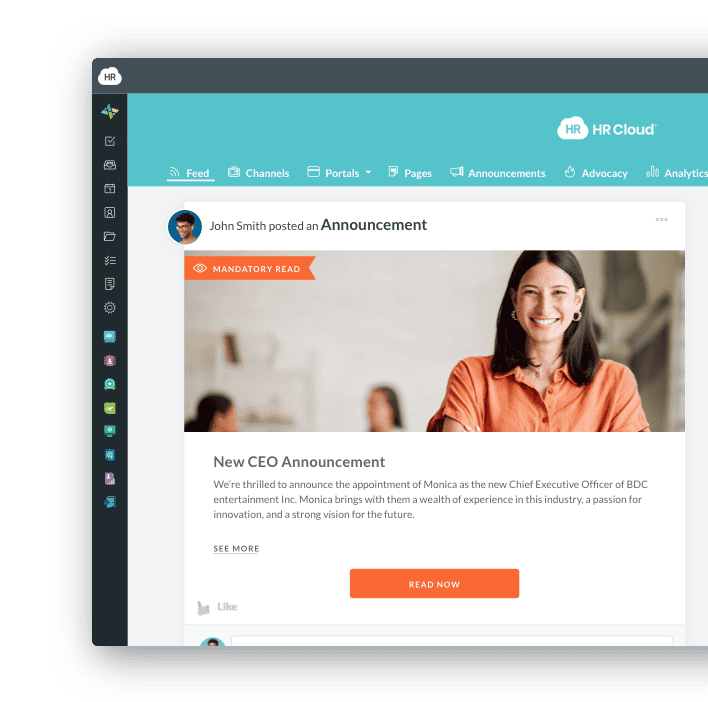
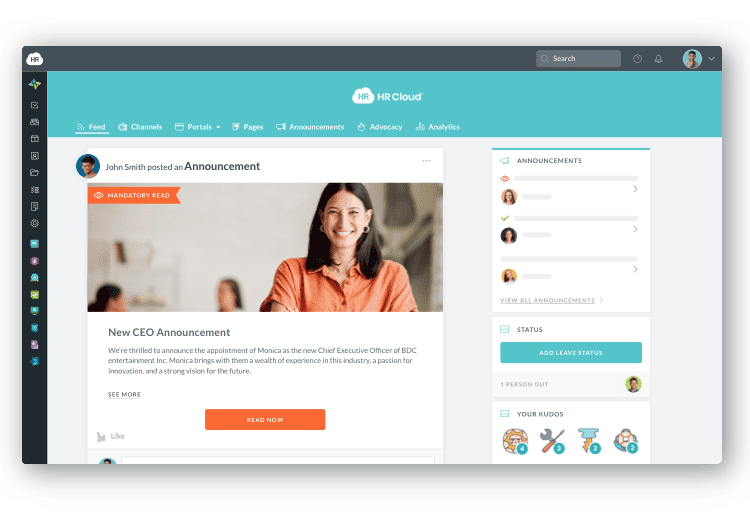
A New Name Doesn't Mean A New Identity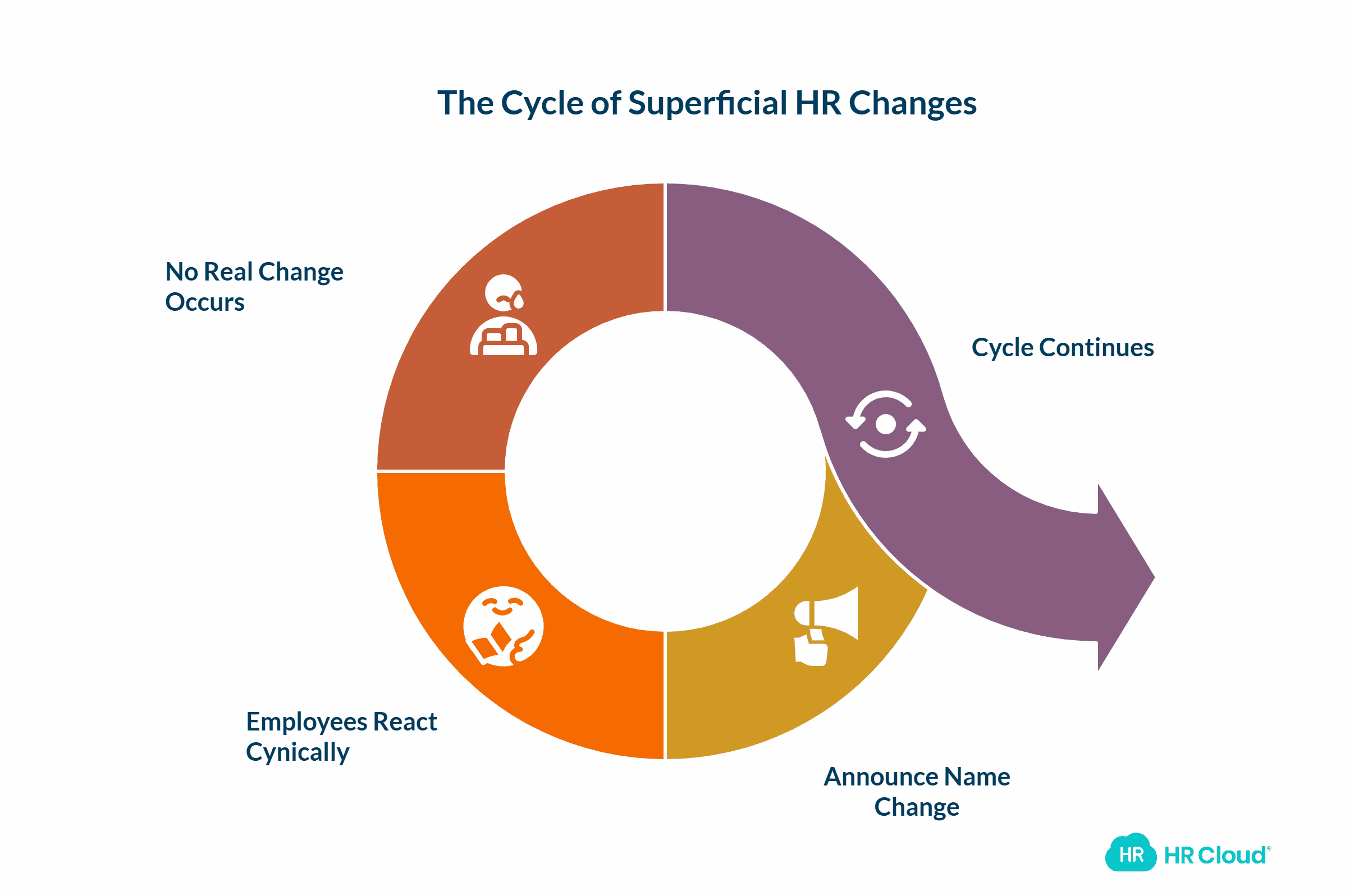
Changing the name of HR without making fundamental changes to what HR does or how we do it won’t make a single bit of difference in terms of organizational development or employee success. We can call ourselves the "Happy Magic Bean Fairy Tale Factory" (HMBFTF!), but that doesn’t mean we’ll supply magic beans or ensure happy fairy tale endings. What matters is how we contribute to the workplace culture and drive people transformation.
And sometimes, here’s the reality: our employees are over in another part of the building, rolling their eyes and snickering at these name changes. It appears to be all flash and no substance. I had a recent conversation with an IT professional whose company’s HR department, with much fanfare, announced a name change from Human Resources to Human Capital Management.
Employees were inundated with memo after memo. A rebranded intranet page was launched. Employee meetings were held to communicate the concept: “We ‘invest’ in capital whereas resources are merely used.” The cynicism among the employees was high. “They can call themselves whatever they want, but HR still seems to stand for Human Roadblock.” Ouch. This reaction highlights the disconnect between rebranding efforts and actual improvements in the people function.
Over the past century, we’ve made some dynamic shifts in this name game. Starting off as Industrial and Labor Relations, we’ve since been called things ranging from the Pay Office to the Personnel Department before we latched onto the name Human Resources Department in the 1980s. Each change reflected a shift in focus, but did they truly impact organizational culture?
Is a Name Really What Defines Us?
Is deciding what we call ourselves the most important thing? While I agree that language is important, the deeper issue is what we stand for and how we demonstrate value to internal and external customers through our behaviors and actions. Are we providing a great experience for our candidates and our employees, from the best onboarding process to a cutting-edge employee engagement platform? Are we connecting their capabilities to the goals and strategies of the organization to bring about success for both individual employees and the company? Do we support and empower our employees? Do we offer an employee rewards system? Do we care?
As culture curators, are we fostering an environment that promotes people growth and organizational agility? Are we, no matter what we call ourselves, being human and focusing on human potential?
Those, in my estimation, are the questions to which we need to seek answers. The true measure of HR's success lies not in its name, but in its ability to drive people transformation and contribute to a positive workplace culture.
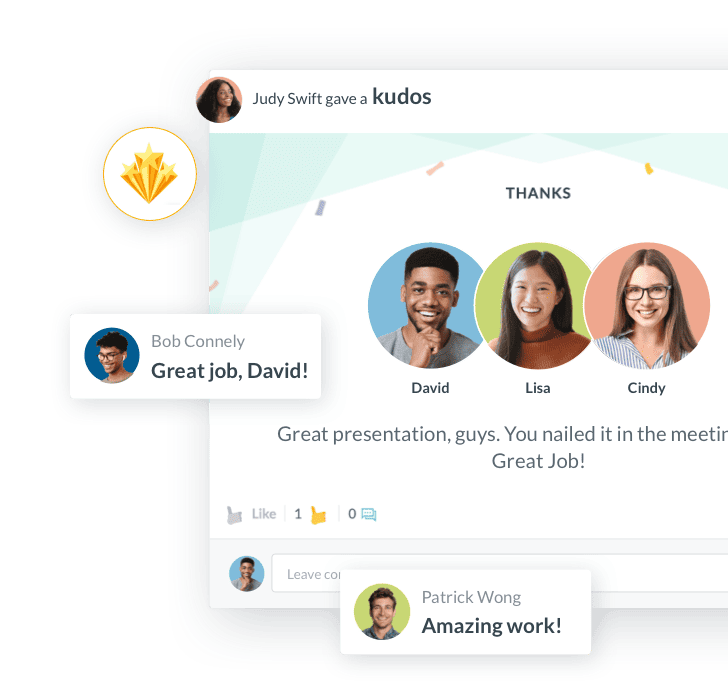
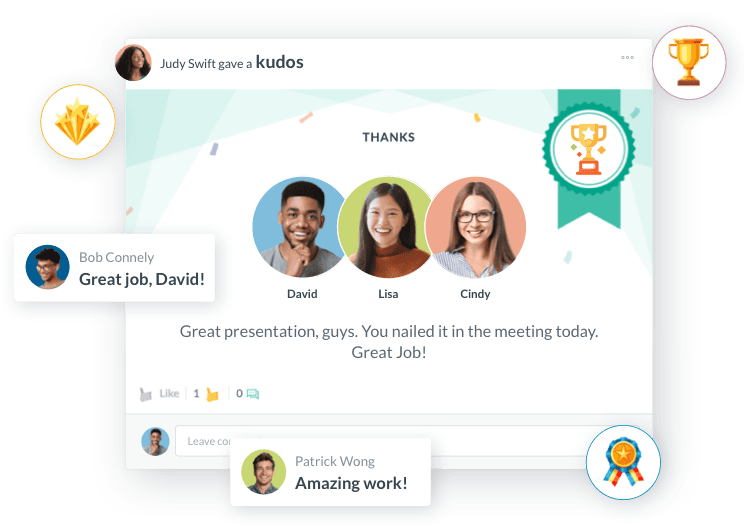
Author Bio:
This article is written by a marketing team member at HR Cloud. HR Cloud is a leading provider of proven HR solutions, including recruiting, onboarding, employee communications & engagement, and rewards & recognition. Our user-friendly software increases employee productivity, delivers time and cost savings, and minimizes compliance risk.
-Personnel Department
-Personnel Management
-Personnel Administration
-Manpower Management

Keep Reading
Company Culture Software: How to Build a Thriving Workplace in 2026
Ask any business leader what drives lasting organizational success, and you'll hear
45 Boss Day Messages That Actually Mean Something (2026 Guide)
When is Boss Day 2026? Mark your calendar for October 16, 2026 — the annual opportunity
Birthday Wishes for Coworkers: 50+ Messages That Build Workplace Connection
A coworker's birthday isn't just another calendar date—it's a meaningful opportunity to
Like What You Hear?
We'd love to chat with you more about how HR Cloud® can support your business's HR needs. Book Your Free Demo

Build a Culture of Recognition. Boost Engagement. Guaranteed.
Workmates empowers employees to stay informed, connected, and appreciated—whether they’re on the front line, in the office, or remote. Recognition drives 12x higher engagement.Trusted by industry leaders in every sector




Cut Onboarding Costs by 60%.
Take the confusion and follow-ups out of onboarding with automated workflows, digital forms, and structured portals—so new hires ramp faster 3X quicker.Trusted by industry leaders in every sector




